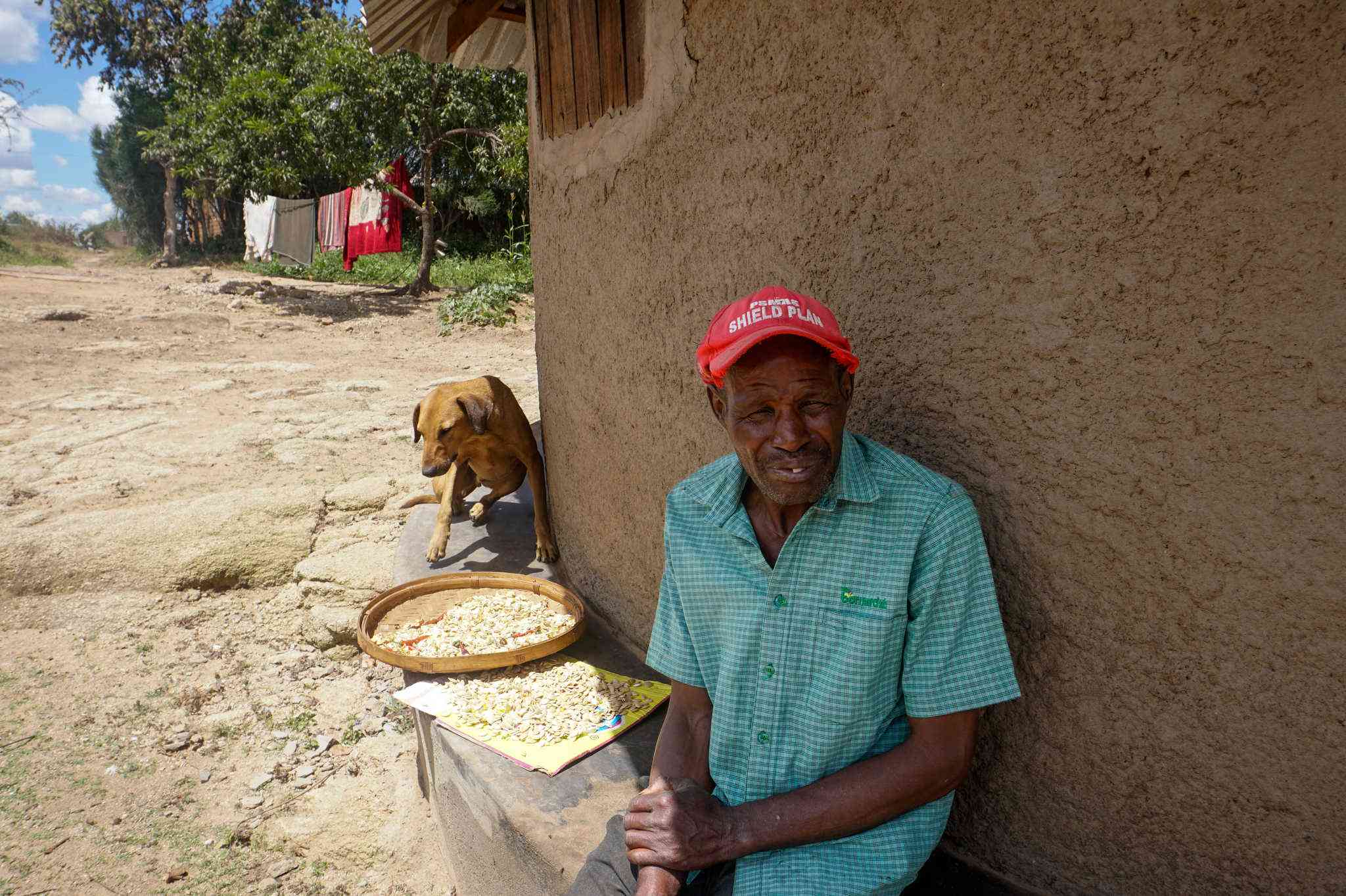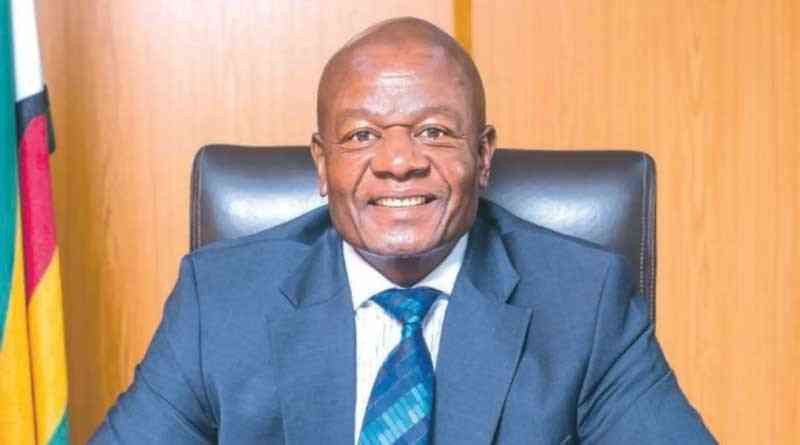
PRIMROSE Garande’s ancestors relied on the fertile pastures here to graze their cattle, and he followed in their footsteps. Now, a Chinese-funded quarry operation threatens the lush landscape.
Garande no longer knows where his livestock will graze. When school fees were due and money was scarce, the cattle always provided a safety net. “A cow,” he says, “is my store of wealth.”
A Chinese company, Advance Admire Anesu Building Suppliers, secured more than 220 hectares (544 acres) of land through a special government grant and presidential approval in December 2024, despite a 2020 moratorium on new mining permits for four years. That angers Garande and his neighbors, who fear land degradation, water shortages and loss of grazing land. They also worry that a vocational college in the area could also sustain damage.

While the firm argues that the granite-mining project will create jobs and boost Zimbabwe’s economy, environmentalists counter that such projects prioritize corporate and geopolitical interests over sustainability, leaving local communities to bear the costs.
Chinese companies are major players in Zimbabwe’s mining sector. According to the Zimbabwe Investment and Development Agency’s 2023 annual report, the latest available, 201 of 277 mining-related licenses went to Chinese companies.

Takudzwa Mashingaidze, an associate at Muvingi and Mugadza Legal Practitioners who specializes in mining law, says President Emerson Mnangagwa has the sole authority to approve or deny special mining grants — and that there’s no provision to prevent abuse of this power.
- Putin exacerbates Africa’s food crisis
- Internet gags costing Africa US$2bn in revenue
- Society must change its negative perception on disability
- Chinese threats on The Standard condemned
Keep Reading
A visit to the Ministry of Mines and Mining Development revealed that no new grants for mining projects had been issued for more than four years. A ministry representative from the Mines Cadastre Office who is not authorized to speak to the media says that AAA’s grant was issued under “special circumstances” approved by the Cabinet, though the representative is unaware of the reasons.
“We applied for a special grant from the president and received approval after identifying the area as a potential mining site,” says Charles Mubvumba, AAA’s managing director. The project, he adds, is awaiting approval after an environmental impact assessment.

In reality, workers are already setting up operations.
Tafara Chiremba, a member of the Zimbabwe Environmental Lawyers Association, says mining companies are required to consult residents as part of the EIA process, which evaluates the potential environmental effects of proposed projects, but local feedback doesn’t necessarily stop a project.
“The government has the final say,” he says, “and communities have no power to halt projects that affect their welfare.”
The Ministry of Mines, he adds, rarely discloses mining benefit clauses, leaving communities in the dark about promised advantages. AAA’s application mentioned economic benefits such as social programs, skills transfer and infrastructure development but provided no details on implementation.
Caught between promises of progress and fears of displacement, some residents question why such large-scale projects are approved without their input.
“The government should at least consult us before awarding these mining grants,” Garande says.
But Mubvumba insists that AAA did consult the community. Some supported the investment, while others expressed concerns about pollution, dust and water contamination, he says, emphasizing that the company has mitigation plans, such as planting trees.
“Investment is welcome, but it must benefit the community,” says Tonderai Murape, a local councillor. “We have no power to stop mining or dictate land use, but there should be a win-win situation.”
He urges the firm to limit its operations to the 5 hectares (12 acres) containing stone deposits. One of AAA’s shareholders, Tom Xu, has said that the firm may produce other building materials, like sand, on the remaining land but has no clear plans yet. Murape would prefer they leave that land for expanding the vocational college, which has existed since 1920. He fears that blasting from the mine will destabilize the buildings there.
“The land should have been used to expand the college, benefiting residents,” echoes Simbarashe Walter Chiunye, student council president at the college. “Instead, this project was imposed on us, and we are just here to rubber-stamp it.”
- Linda Mujuru is a Global Press Journal Reporter-in-Residence based in Harare, Zimbabwe.










